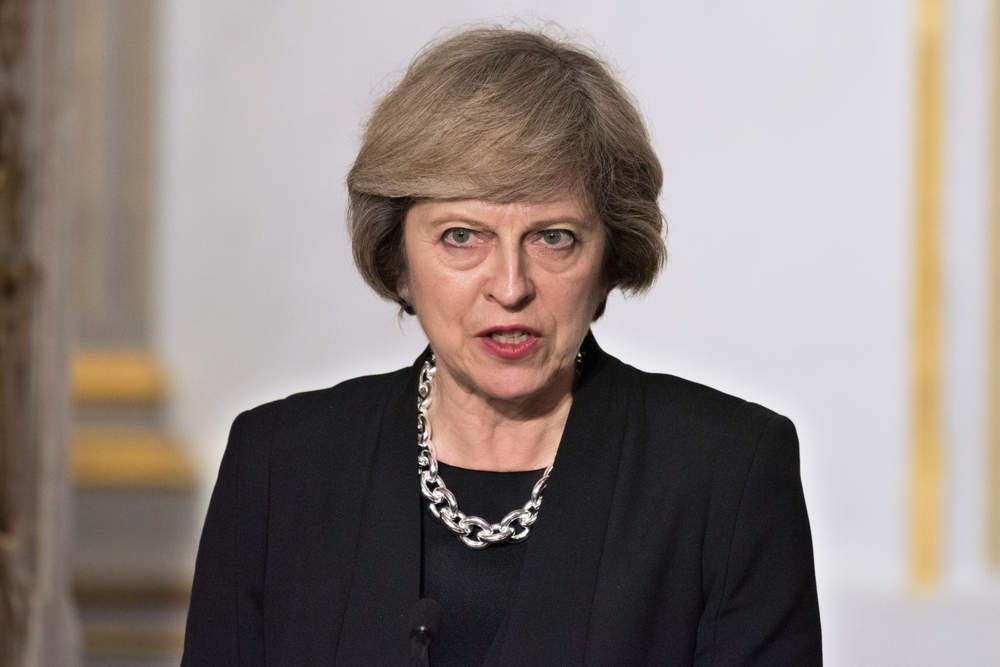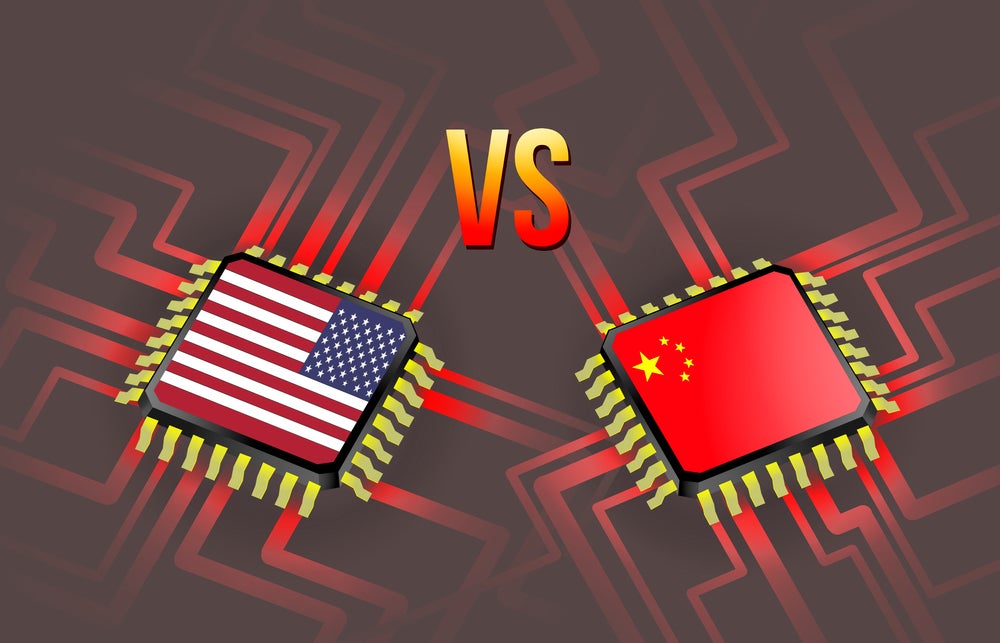
British prime minister Theresa May will today urge G7 leaders today to join her in pushing for technology companies to step up their efforts to counter online extremism.
May argues that the fight against terrorists is shifting from the “battlefield to the internet” and is expected to tell fellow leaders at the summit that every nation should be putting pressure on companies such as Facebook, Google and Twitter to block those posting extremist content.
She also wants them to report those individuals to the proper authorities given evidence of imminent harm.
Regulatory responsibility
This is not the first time that prime minister May has extolled on the need for tech firms to step up their game in regard to online extremism.
In March, Downing Street said that companies such as Facebook and Google both can and must do more to monitor and remove dangerous content from the internet.
A Downing Street spokesperson said:
Social media companies have a responsibility when it comes to making sure this material is not disseminated and we have been clear repeatedly that we think that they can and must do more. We are always talking with them on how to achieve that. The ball is now in their court. We will see how they respond.
The Conservative government has repeatedly raised fears about the dangers of the internet and the easy availability of dangerous materials to those looking for them, with companies such as Facebook coming under particular scrutiny for their apparent failures to properly monitor their user base.
In light of this, the prime minister seems determined for government to step in and provide the regulation they feel the companies are lacking.
A new internet
The Conservative manifesto made a call for a new kind of internet, saying: “Some people say that it is not for government to regulate when it comes to technology and the internet. We disagree.”
Buzzfeed News quoted senior sources in the party saying that as part of their mandate if the election if won, the government plans to introduce huge restrictions on what can be posted, shared, and published online.
Going further, it is claimed that said plans will allow Britain to become “the global leader in the regulation of the use of personal data and the internet”.
A statement that may appeal to the Conservative base, it has however proved divisive elsewhere, the broad terms of the language suggesting that such power could be used well beyond the scope of simply combating extremism.
Following the introduction of the Investigatory Powers Act into law, allowing the government to force internet providers into keeping records on customer browsing histories and giving ministers the power to break encryption on apps like WhatsApp, the plan for the new approach to internet emphasises the priority of government to regulate the online world.
Collaborative control
Government sources have said that the prime minister wants to hold tech firms that do not take action to account, though such action is hoped to be voluntary and no financial penalties are being advocated for as yet.
Instead, it is believed that by having the major industrial countries of the G7 unite behind the initiative, they can put enough pressure on the tech firms to have them cooperate of their own accord.
The goals of such cooperation seem to revolve around three basic principles: the development of tools to automatically identify and remove harmful material, the reporting of harmful material to the authorities so they can take action and the revising of conditions and industry guidelines to better codify what counts as harmful material.
“The prime minister will say that the threat we face is evolving rather than disappearing as [Isis] loses ground in Iraq and Syria. The fight is moving from the battlefield to the internet,” a senior government source told the Guardian newspaper.
What she wants the G7 nations to do is to move towards a common approach focused on the need to defeat [Isis]. In particular she wants to use G7 to call for the members to adopt a collective approach when working with tech companies on this agenda, and she will say that the industry has a social responsibility to do more to remove harmful content from its networks.







